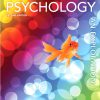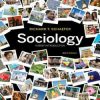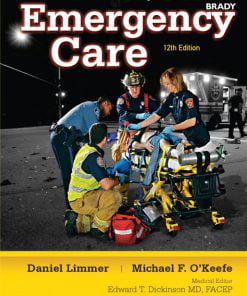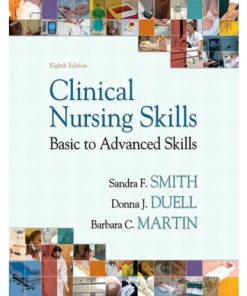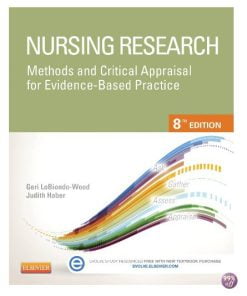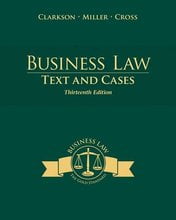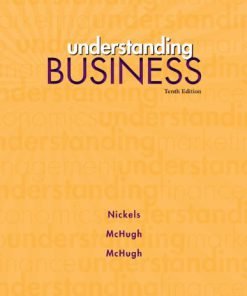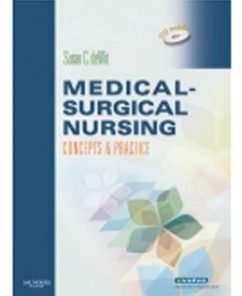Stress Management for Life A Research Based Experiential Approach 4th Edition Olpin Test Bank
$35.00 Original price was: $35.00.$26.50Current price is: $26.50.
Stress Management for Life A Research Based Experiential Approach 4th Edition Olpin Test Bank
Stress Management for Life A Research Based Experiential Approach 4th Edition Olpin Test Bank
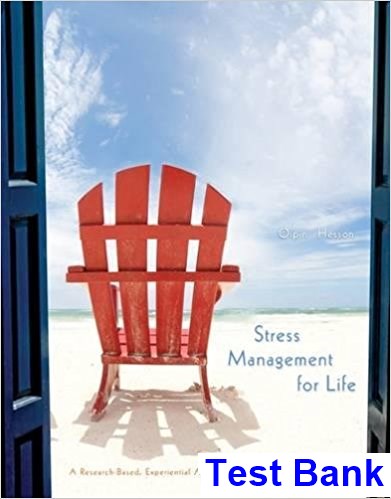
Product details:
- ISBN-10 : 1305120590
- ISBN-13 : 978-1305120594
- Author: Dr. Michael Olpin
Clearly explaining the “how to” of stress management and prevention, STRESS MANAGEMENT FOR LIFE, 4th Edition emphasizes experiential learning and encourages readers to personalize text information through practical applications and a “tool box” of stress-reducing resources, including activities and online stress-relief audio files. Michael Olpin and Margie Hesson offer more than just a book about stress; they offer readers a life-changing experience. Well-researched and engaging, the book empowers students to experience personal wellness by understanding and managing stress, gives stress-related topics a real-life context, and motivates students to manage stress in a way that accommodates their lifestyle, values, and goals.
Table contents:
PART I: GETTING STARTED. 1. Stress in Today’s World. Stress in Today’s World. Stress: What Is It? Yerkes-Dodson Principle. The Terminology of Stress. Good and Bad Stress. Acute and Chronic Stress. Holistic Health. Understanding Health. Dimensions of Health. Physical Health. Intellectual Health. Emotional Health. Spiritual Health. Social Health. Holistic Health: Putting It All Together. Nature or Nurture. Sources of Stress. Time Management. Personal Expectations. Family Expectations and Family Life. Employment Decisions and Finances. School Pressures. Living Arrangements. Relationships. Physical Health Issues. Environmental Stressors. Information Overload. Choices. Daily Hassles. Conclusion. 2. Self-Assessment. Self-Assessment. Where Are You Now Stress-Wise? Assess Your Stress. Resting Heart Rate. Breathing Pattern. Respiration Rate. Stress-o-Meter. Assess Your Stress Results. Symptoms of Stress: Assessment. Perceived Stress Scale (PSS). Inventory of College Students’ Recent Life Experiences. Ardell Wellness Stress Test. Student Stress Scale. Stress Vulnerability Factors. Tombstone Test. Daily Stress Diary. Conclusion. PART II: UNDERSTANDING STRESS. 3. The Science of Stress. The Science of Stress. Stress and the Big Bear. The Fight-or-Flight Response. Physiological Response to Stress. Autonomic Nervous System Responses. The Stress Response in Today’s World. Acute Stress. Chronic Stress. The General Adaptation Syndrome. History of the General Adaptation Syndrome. Stages of the General Adaptation Syndrome. Application of the General Adaptation Syndrome. The Stress Response and You. Five Myths About Stress. Myth 1: In an Ideal world, There Would Be No Stress. Myth 2: What Is Stressful to Me Is Stressful to You. Myth 3: Only Unpleasant Situations Are Stressful. Myth 4: No Symptoms, No Stress. Myth 5: Stress Is Inevitable, So You Can’t Do Anything About It. Conclusion. 4. The Mind/Body Connection. The Mind/Body Connection. Psychological Health. The Role of Chronic Stress in Disease. Direct and Indirect Effects of Chronic Stress. Allostatic Load. Medium-Term Chronic Stress. Effects of Medium-Term Chronic Stress. Medium-Term Stress and the Immune System. Long-Term Chronic Stress. Stress and the Heart. Stress and the Immune System. Stress and Aging. Stress and Inflammation. Other Disease Conditions of Stress. How the Mind and Body Communicate. Psychosomatic Illness. The Placebo and Nocebo Effects.
People also search:
stress management for life a research-based experiential approach 4th edition
stress points for life events
life circumstances stress examples
stress chart life events
major life events stress
impact of stress on life


